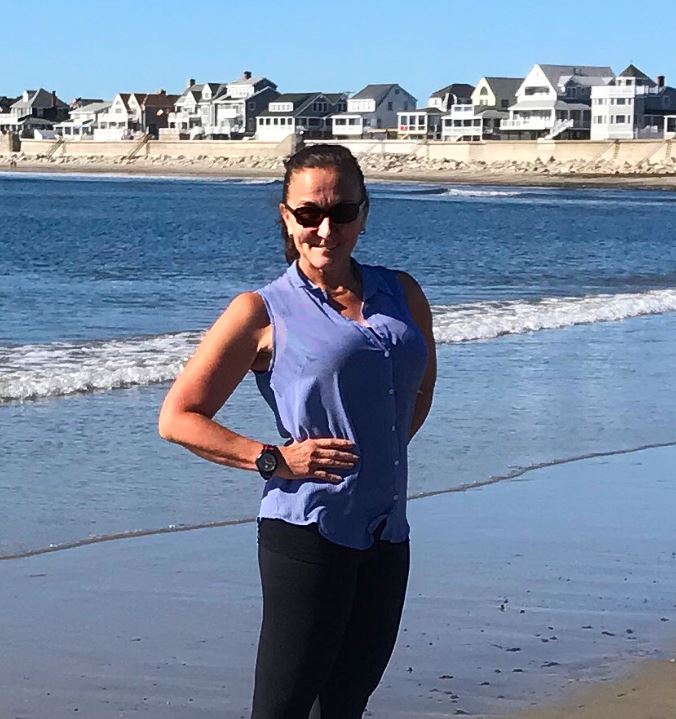
If you struggle with emotional eating, you can probably relate to Connie Blanchard’s story, an OAC Member from Western Massachusetts.
Connie wrestled with her weight for years, also battling emotional eating and a low self-esteem. It wasn’t until she addressed her mental health that she started to see the positive effects on her weight.
After learning from these experiences, Connie reached out to the OAC wanting to support others who are facing similar challenges with food. With this, we wanted to give Connie the platform to share her message with anyone who might also be struggling with emotional eating and obesity.
Q: How did you find the OAC and why did you join our Community?
I found the OAC online when I was searching for people who might struggle with emotional eating like me, who may be suffering the way I was for so many years. I joined to support people by sharing the transformation that took place inside my own head. As a result, it changed my body. I am an example that it is possible to go from your body being your worst enemy (perhaps) to being your best friend, even if you think about food 24/7 like I still do.
Q: Describe your journey with obesity. How has it impacted your life?
My journey was emotional and painful. I was an emotional eater since high school. Every waking thought revolved around food. The worst part was how badly I talked to myself and the shame I felt over my lack of self-control. I suffered greatly for this, beating myself up every night as I lay in bed, full beyond words, waking up the next day to overeat, repeat and go to bed feeling worse. Gradually, over the last 30 years, I stopped suffering by changing my thoughts and using my imagination.
I feel so strongly about sharing my journey of hope that I created a platform called Master the Moment, Inc. to help emotional eaters realize that it is possible to stop suffering by thinking differently, even if nothing has ever worked in the past.
Q: What helped you address emotional eating and negative self-talk?
My imagination and will helped me. I started using the mirror to imagine a healthier body and mind in the future. I stopped focusing on how uncomfortable I looked and felt. It was mind-blowing at first!
In college, I was able to go into the weight room as a heavier person and instead of feeling mortified about my size, I focused on how my muscles were working underneath by heavy quads. It sounds strange, but it worked! I trained with very light weights, in my full range of motion, to feel every stretch at the beginning. I did this for a long time, using the mirror to imagine a healthier future. I started speaking to myself with more compassion and less hatred, which grew into self-acceptance and eventually self-love!
I learned that you have to start where you are with what you’ve got. You can’t let yourself feel defeated today by what you took from the fridge yesterday.
Q: Can you share with us some words of advice for people with similar experiences?
- We are all valuable human beings at any size.
- Your past does not equal your future.
- We are more self-aware every day.
- Your body can be your best friend, not your worst enemy.
- We can practice teaching the body ahead of time what the future can feel like.
- Micro progress IS progress and it gives us momentum!
Q: What is one thing you wish others knew about living with obesity?
Your body is your unique gift and you deserve to treat yourself with dignity and respect.
Do You Want to Share Your Story?
Your story can support others realize and help them realize they aren’t alone. If you are interested in sharing yours, let us help you! Email mburrows@obesityaction.org. You can also upload a video to OAC’s story-sharing platform at WeightoftheWorld.com.
